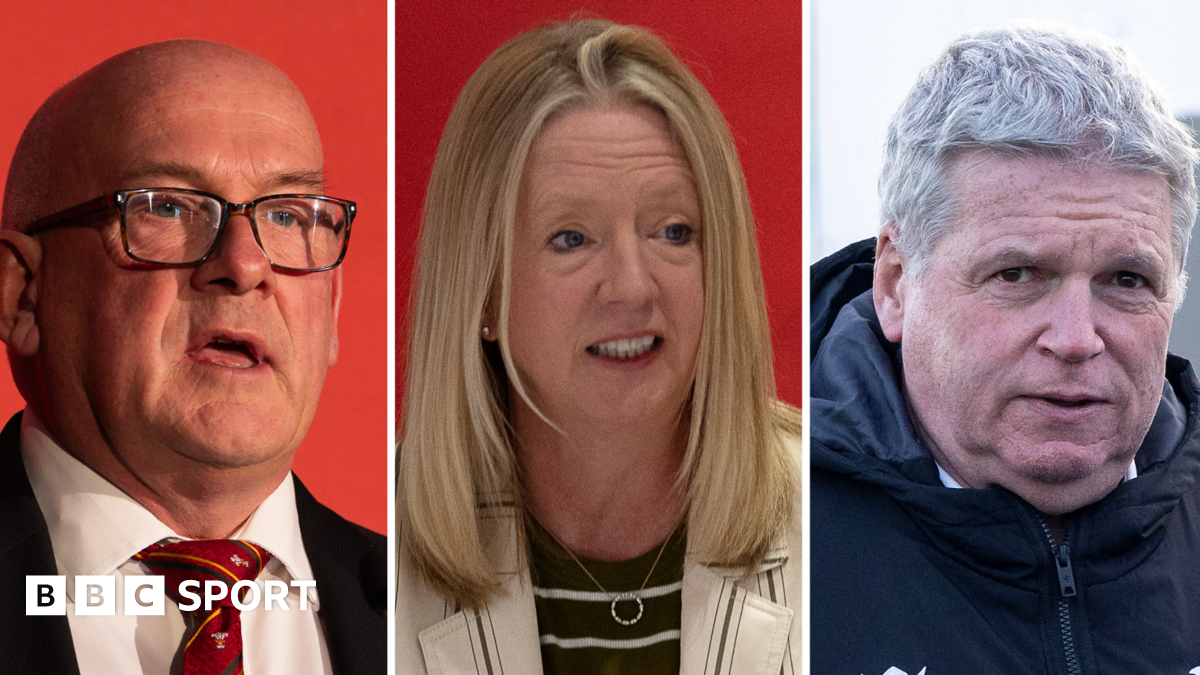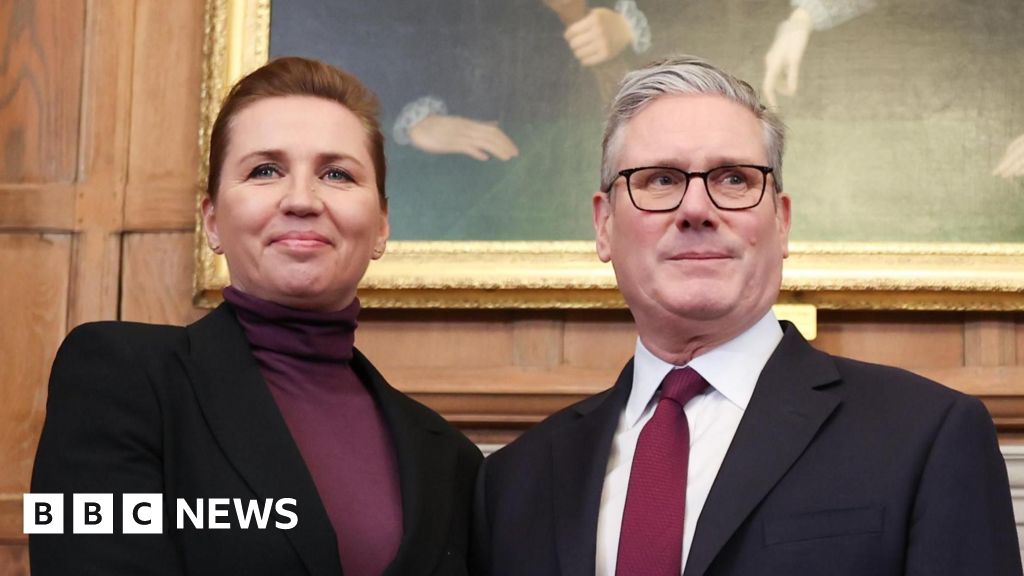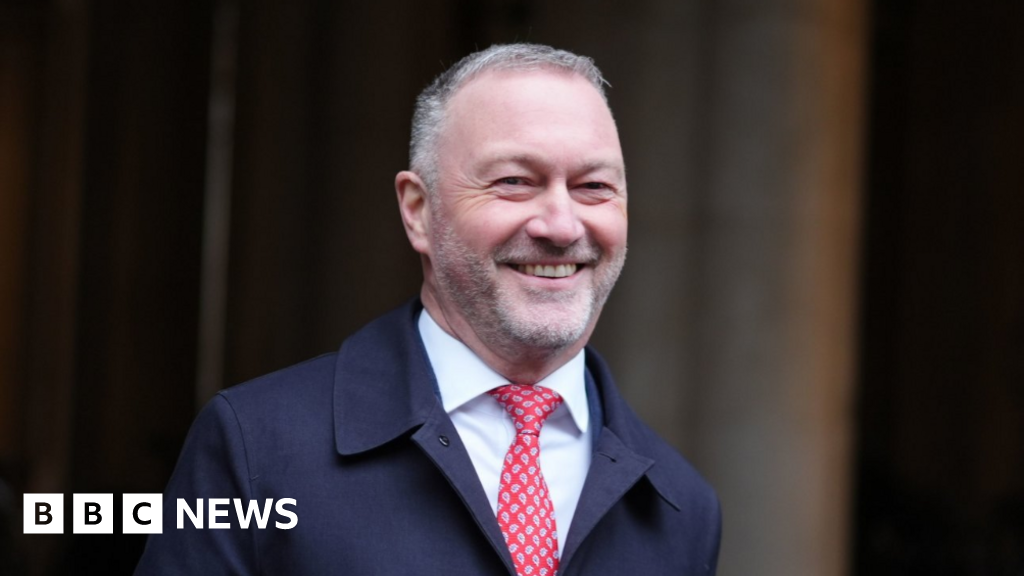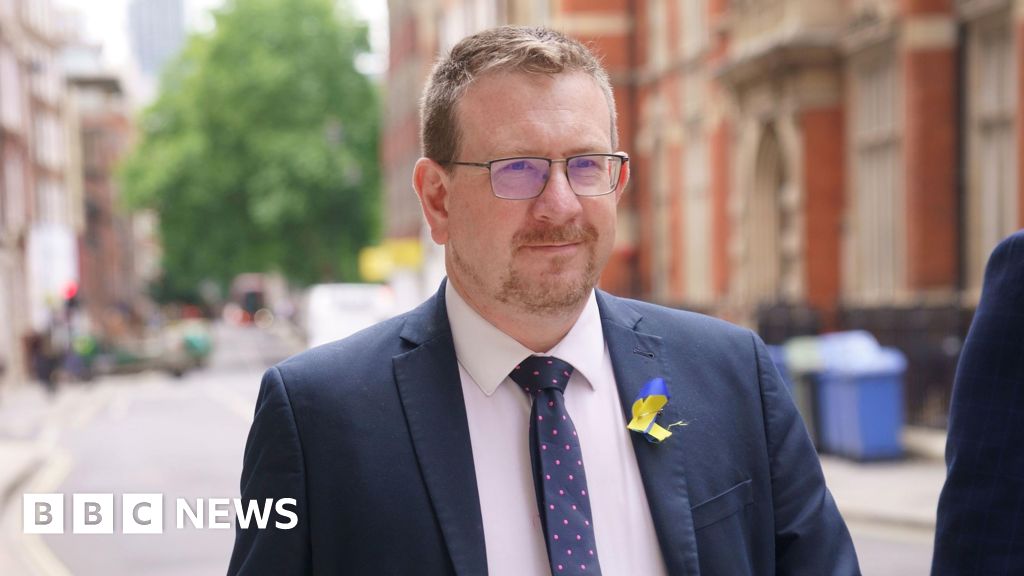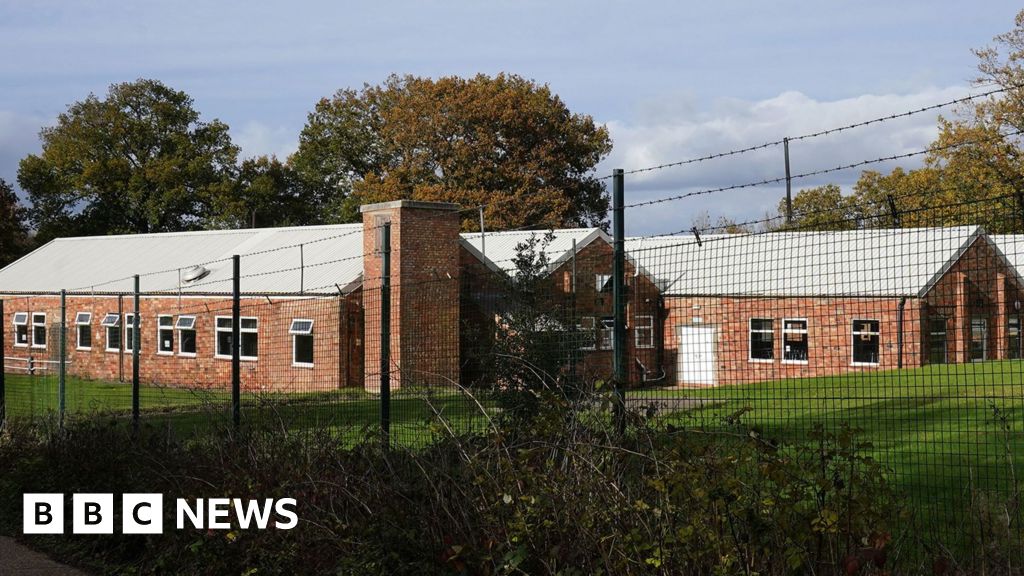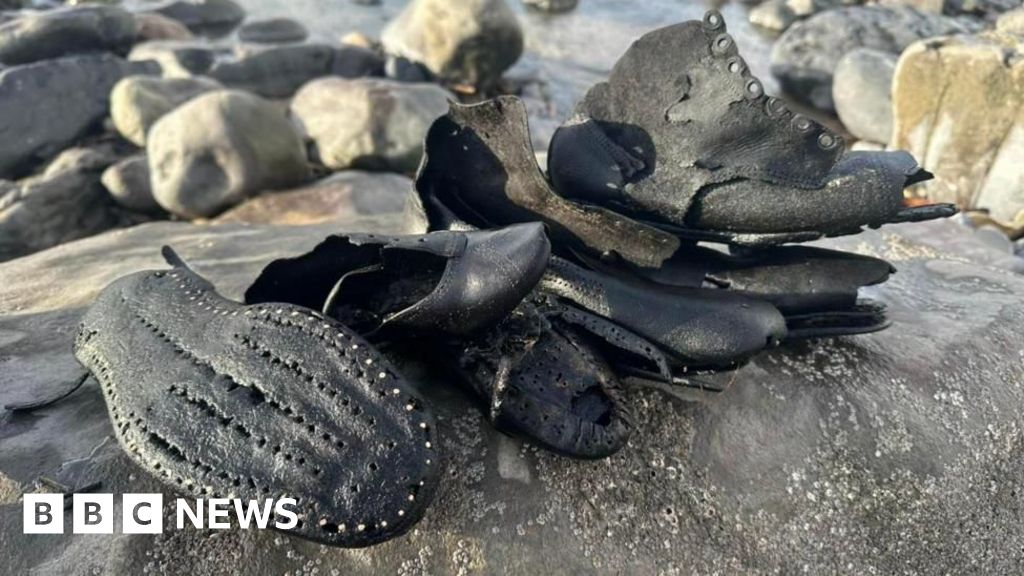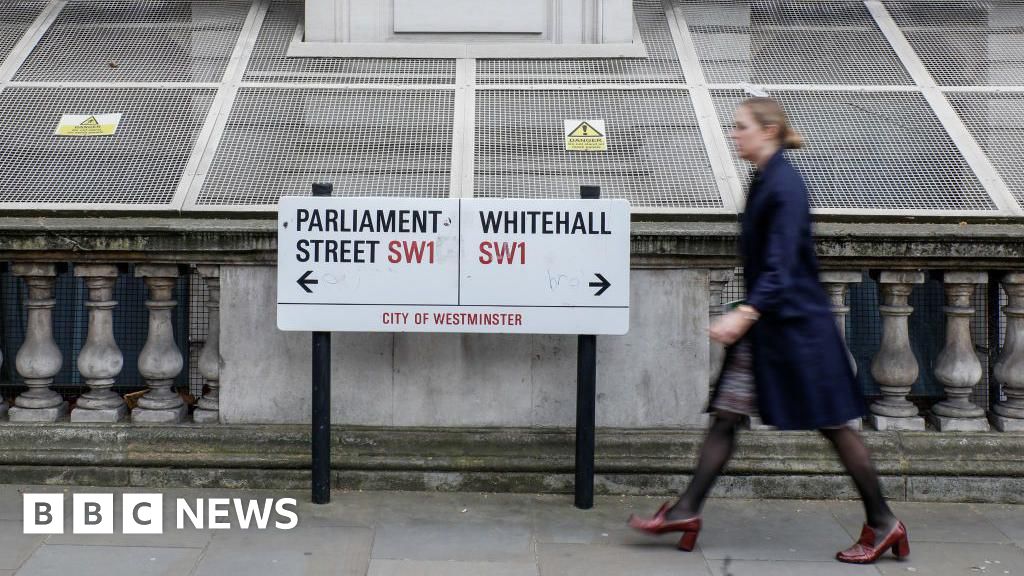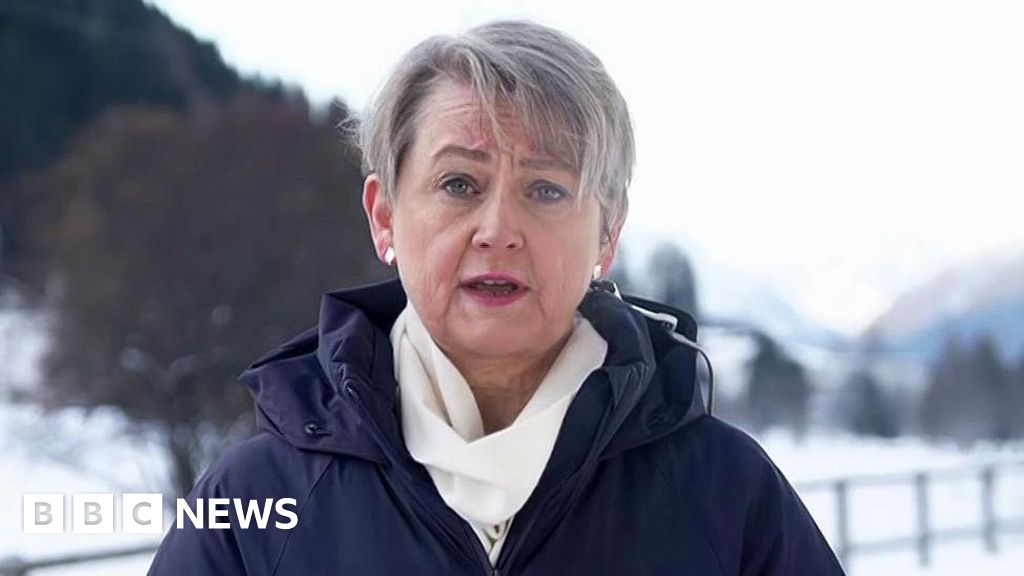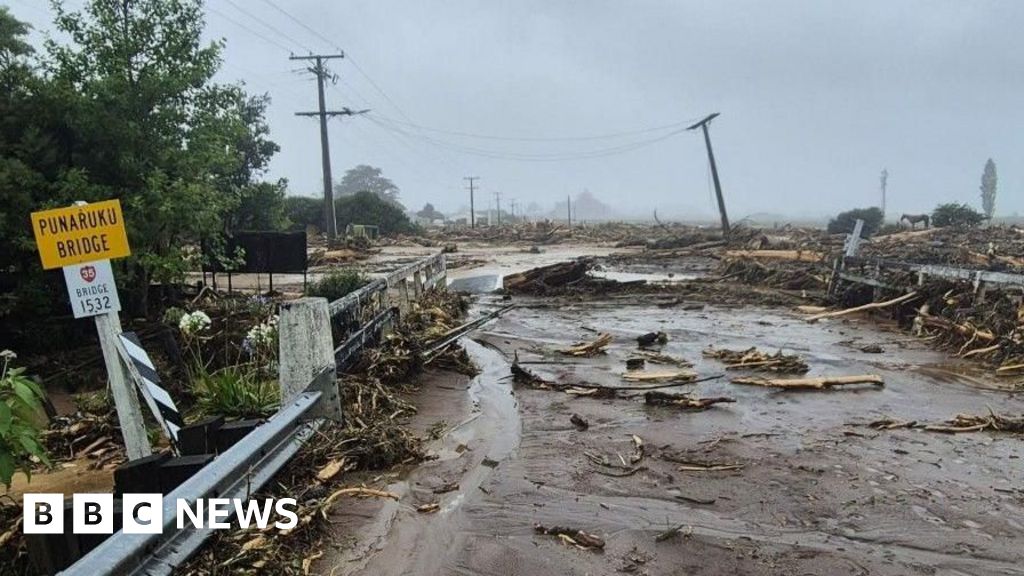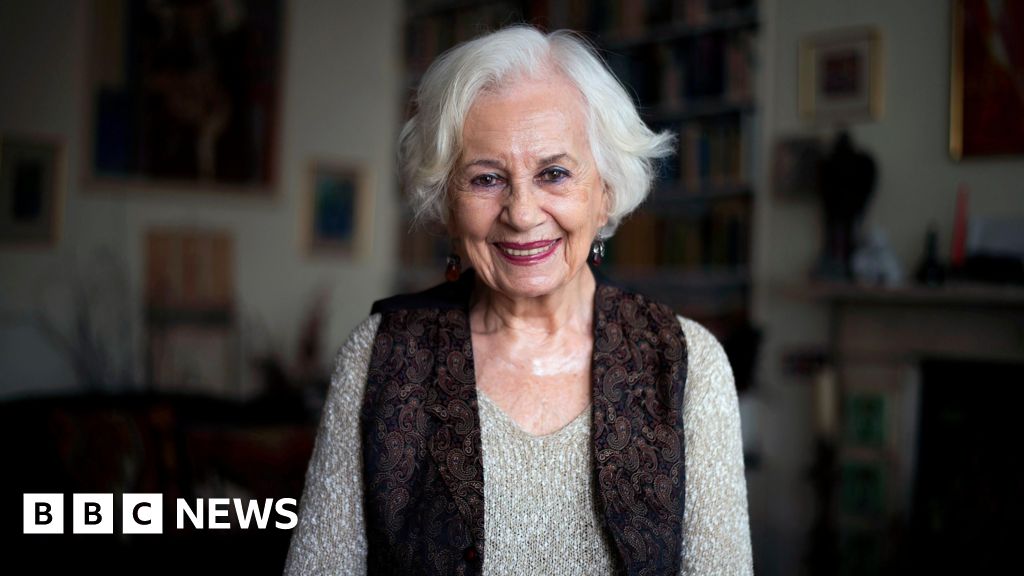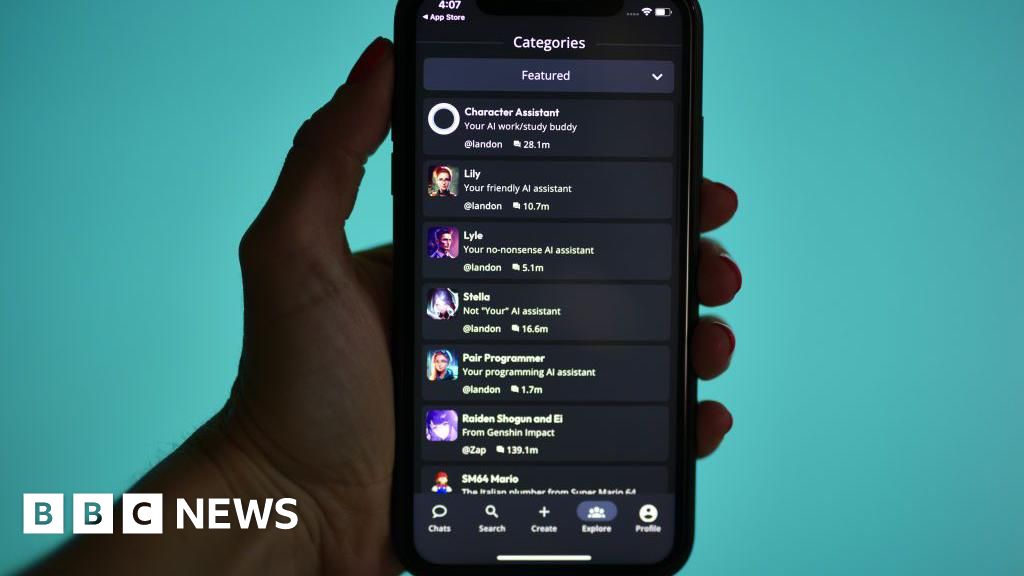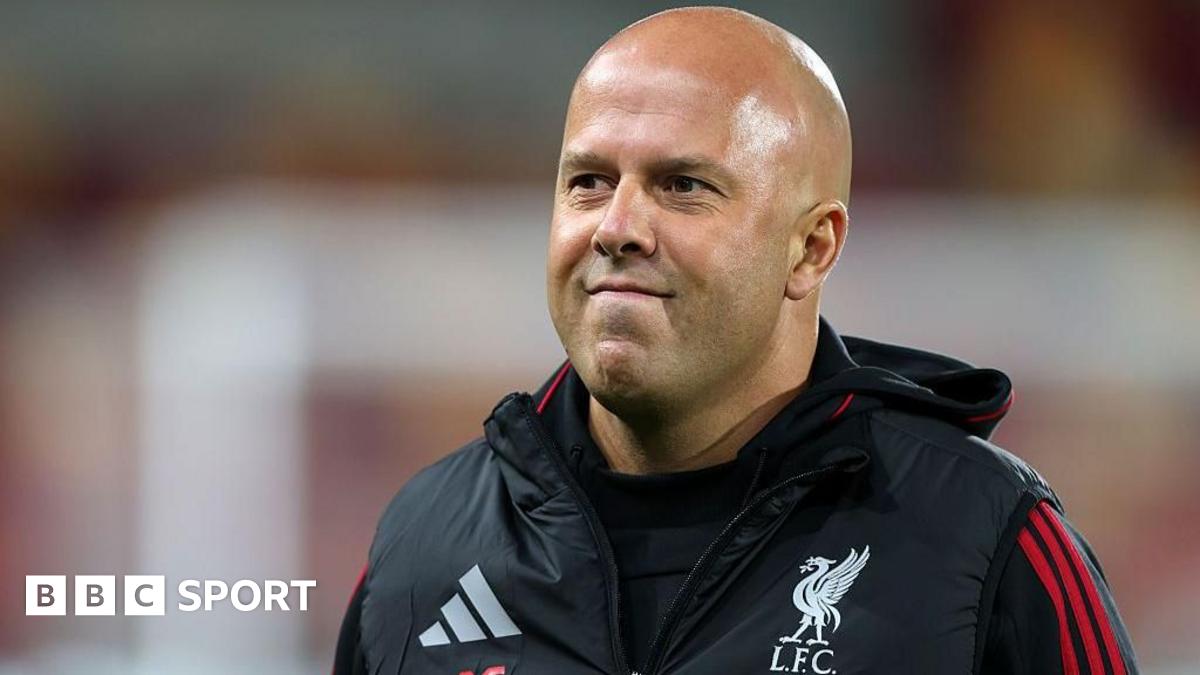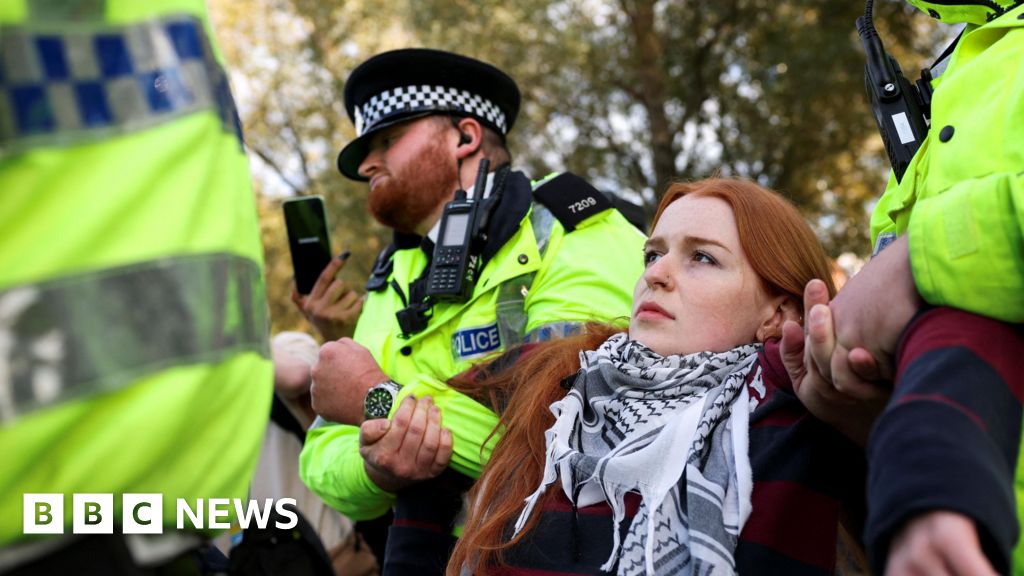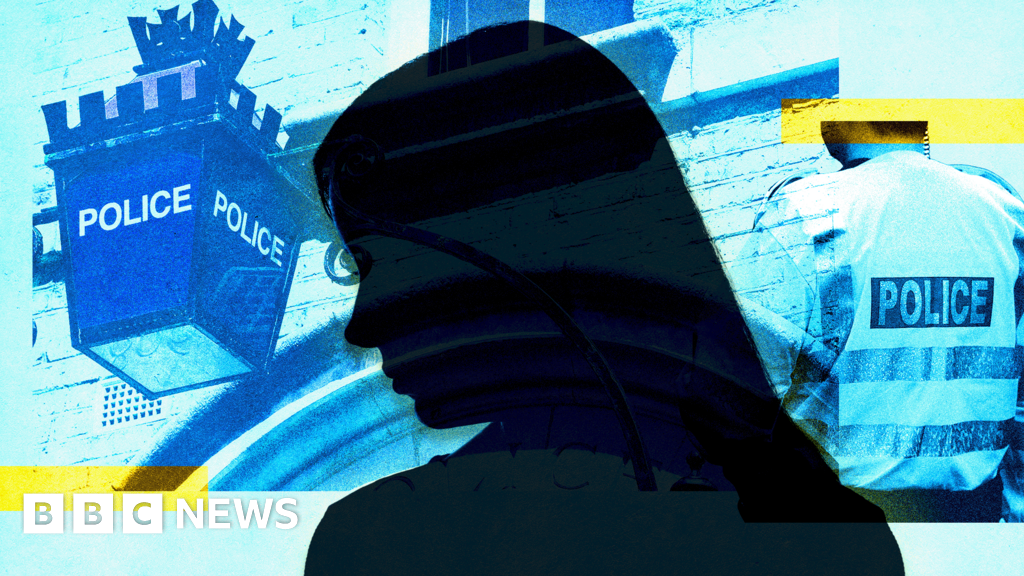Nick EardleyPolitical correspondent
The Home Office has failed to meet the challenge of "crises" it has faced over several years and is "not yet fit for purpose", the home secretary has told the BBC.
Shabana Mahmood acknowledged that the department, which she was put in charge of last month, had "a range of problems" including procuring contracts and holding on to senior staff but said that she was "determined to deliver".
Mahmood was talking to the BBC while overseeing a police operation on a high street in south London aimed at tackling migrants working illegally in the UK.
She said a crackdown was "starting to work" adding that 8,232 people had been arrested for illegal working over the past year, a rise of 63%.
The department is facing a plethora of challenges, including the housing of asylum seekers in hotels.
Mahmood said the Home Office "obviously deals with emergency and crises issues on a regular basis, and I think over a long period of time has been found not to be able to rise to the scale of the challenge of those crises and those emergencies".
On the issue of illegal working, the home secretary said: "It is clear that the enforcement of our rules has been lacking - and wasn't good enough or strong enough under the last government… The law hasn't kept pace with the changes to the ways in which people get work."
She added: "The numbers are still not where I want them to be. I want to go further and faster, but I think we've made progress, and the numbers at the moment are going in the right direction."
The BBC spent two hours with officers carrying out spot checks on gig economy workers including delivery drivers. In that time, nobody was arrested for working illegally, although one man was detained for other offences.
Ministers believe a crackdown on illegal working will help reduce pull factors that encourage people to enter the UK illegally and try to claim asylum.
A report from MPs said this week that billions had been squandered on the hotels which accommodate asylum seekers and that urgent action was needed to reduce the bill.
Mahmood confirmed she wanted to move some migrants to accommodation at army barracks in Inverness and East Sussex by the end of the year.
She said: "I know that asylum hotels are an absolute blight on our communities. I know that they've been the site of huge community tensions.
"We are working at pace to deliver new sites, I hope to be within two new military sites by the end of the year. Discussions are underway and well advanced in terms of planning for those moves."
Mahmood did not say that the move would save the taxpayer money.
Asked whether she might exercise a break clause in the government's contracts with the companies providing the hotels next spring, she said "all options are on the table".
She added: "I will need to look very carefully at the legal arrangements in those contracts and the options that are available to us and act in the best interests of our country, of our taxpayers as well."
Some are sceptical the government will be able to find alternative accommodation to allow it to break the contracts.
Mahmood's department has also faced intense pressure in recent weeks over other issues including the grooming gangs inquiry, the "one in one out" deal with France, small boats crossings and more.
The home secretary said: "It's obviously a department that has a range of problems… It obviously deals with emergency and crises issues on a regular basis, and I think over a long period of time has been found not to be able to rise to the scale of the challenge of those crises and those emergencies".
But she said she would work with Antonia Romeo, the new top civil servant in the department, to address those issues.
Speaking on Monday, Conservative leader Kemi Badenoch said "mistakes had been made" in the Home Office under the previous Tory government but added that Labour's decision to scrap the Rwanda scheme - aimed at deterring asylum seekers from coming to the UK in small boats - had exacerbated illegal migration.
"Scrapping that scheme removed the deterrence, and meant that small boat crossings increased by 40%."

 2 months ago
69
2 months ago
69



